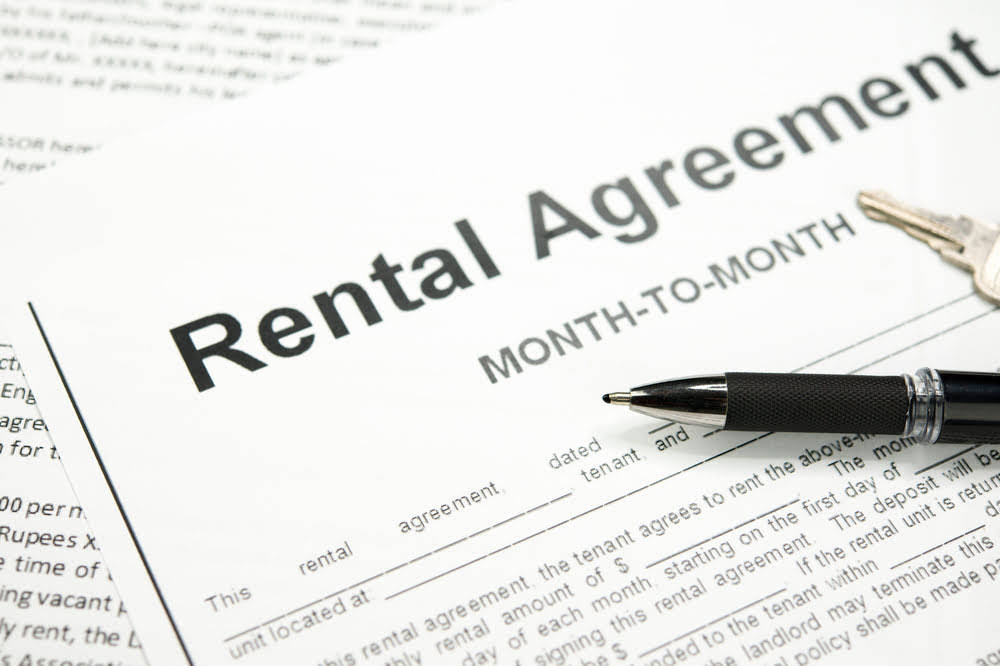
Under accrual basis accounting, you record revenue only after it’s been earned—or “recognized,” as accountants say. When accountants talk about “revenue recognition,” they’re talking about when and how deferred revenue gets turned into earned revenue. The standard of when revenue is recognized is called the revenue recognition principle. Contracts can stipulate different terms whereby no revenue may be recorded until all of the services or products have been delivered.

Deferred revenue and accrued expenses

The journal entry represents payment for the goods and services (editing) that you provided in the month of February. If your customer pays you a year in advance for your editing services, you can only recognize the revenue for the month in which goods and services have been provided. This is because according to the revenue recognition principle, revenue should be recognized is unearned revenue a current liability in the same period in which goods or services are provided. An easy way to understand deferred revenue is to think of it as a debt owed to a customer. Unearned revenue must be earned via the distribution of what the customer paid for and not before that transaction is complete. By delivering the goods or service to the customer, a company can now credit this as revenue.

What Deferred Revenue Is in Accounting, and Why It’s a Liability
Depending on the size of your company, its ownership profile, and any local regulatory requirements, you may need to use the accrual accounting system. Be careful with your unearned revenue, though, as tax authorities across the globe have specific requirements for recognizing unearned revenue, and flouting these rules is a good way to get audited. Trust is needed because it is rare for money and goods to exchange hands simultaneously. You can often find yourself receiving money long before you provide agreed upon services or, conversely, providing services and then waiting for payment. Discrepancies in the cash receipts may lead to issues with your statements of earning, credit rating, and (for publicly traded companies) stock impacts. The Securities and Exchange Commission (SEC) closely monitors reporting to ensure investors have correct information on which to base their decision.
What is Deferred Revenue and Why is it a Liability?
Media companies like magazine publishers often generate unearned revenue as a result of their business models. For example, the publisher needs the cash flow to produce content through its various teams, market the content compelling to reach its audience, and print and distribute issues upon publication. Each activity in a publisher’s business strategy can benefit from the resulting cash flow of unearned revenue. Even if you don’t have any deferred revenue on your books, consider whether any of the income your business is earning now is paying for something you owe customers in the future. By keeping these industry-specific considerations in mind, businesses can better understand the dynamics of unearned revenue and its impact on financial reporting.
- Unearned revenue is originally entered in the books as a debit to the cash account and a credit to the unearned revenue account.
- Current liabilities are debts or services that need to be rendered within a year, such as wages or taxes.
- For small businesses, especially those operating on thin margins, understanding the future revenue stream is crucial.
- By understanding and accurately recording unearned revenue, businesses can better manage cash flow and service obligations to their customers.
- Some industries also have strict rules around what you’re able to do with deferred revenue.
- When accountants talk about “revenue recognition,” they’re talking about when and how deferred revenue gets turned into earned revenue.
Until you “pay them back” in the form of the services owed, unearned revenue is listed as a liability to show that you have not yet provided the services. Sometimes you are paid for goods or services before you provide those services to your customer. In this article, I am going to go over the ins and outs of unearned revenue, when you should recognize revenue, and why it is a liability. Don’t worry if you don’t know much about accounting as I’ll illustrate everything with some examples. Unearned revenue is listed under “current liabilities.” It is part of the total current liabilities as well as total liabilities.
- If you want to see how liquid a company is, make sure to take a look at its working capital.
- The contractor enters $200,000 into their accounting software as a debit to cash and a credit to unearned revenue.
- Therefore, that revenue is recorded as unearned so that the balance sheet accurately reflects the deferral.
- In this section, we will explore certain industry-specific considerations for unearned revenue, diving deeper into service and subscription models as well as publishing and prepaid services.
- A debit entry for the amount paid is entered into the deferred revenue account and a credit revenue is entered into sales revenue when the service or product is delivered.
Recognize and record your revenue properly
- It is recorded as a liability on the company’s balance sheet because the company owes the delivery of the product or service to the customer.
- An adjusting entry or accrual entry is made after each lesson, moving $200 in unearned revenue to revenue.
- FreshBooks has online accounting software for small businesses that makes it easy to generate balance sheets and view your unearned revenue.
- Deferred revenue has become more common with subscription-based products or services that require prepayments.
- Bench gives you a dedicated bookkeeper supported by a team of knowledgeable small business experts.
- Unearned revenue should be listed as a credit in the operating activities section of your cash flow statement.
You need to adjust unearned revenue once it’s been earned; that is when your business has supplied the promised goods or services. Adjust the entry in your financial records by moving the revenue from unearned revenue on the balance sheet to earned revenue on the profit and loss statement. In the world of accounting, unearned revenue requires adjustments and corrections to ensure accurate representation of a company’s financial statements. This section will discuss necessary adjustments and handling overstatements and understatements.

Salesforce Example


Leave a Reply